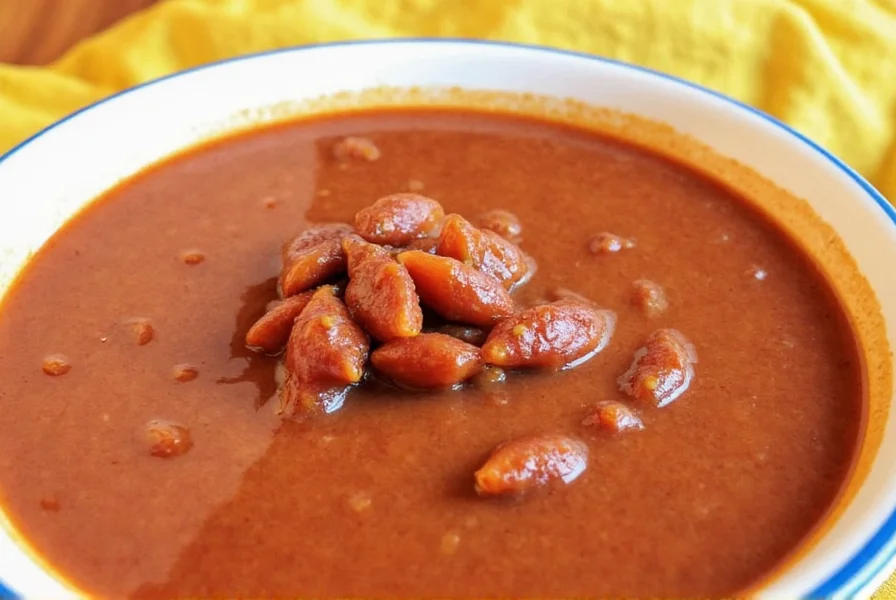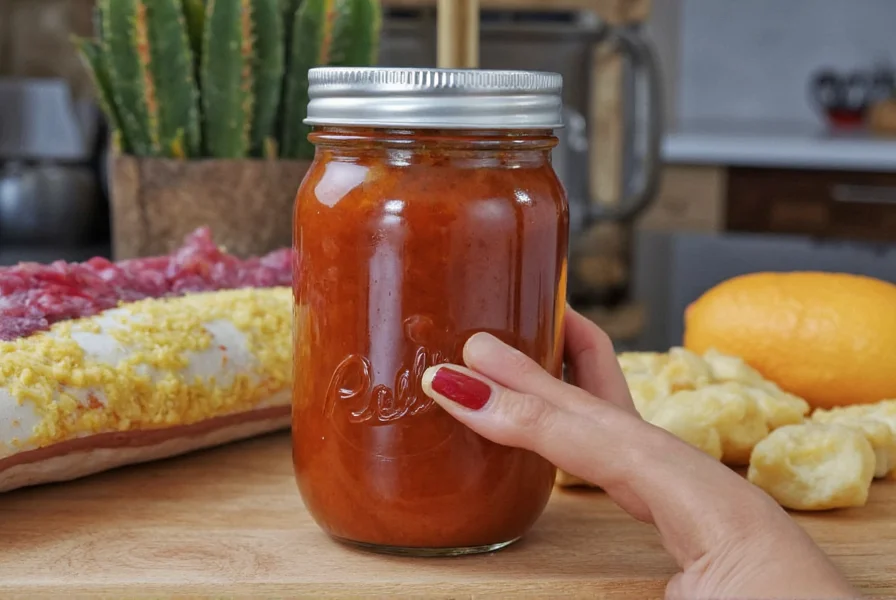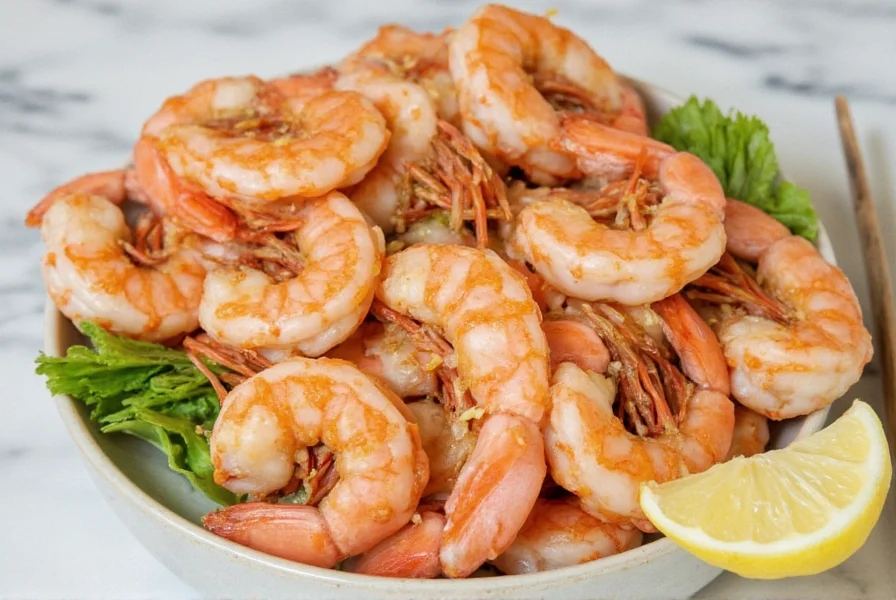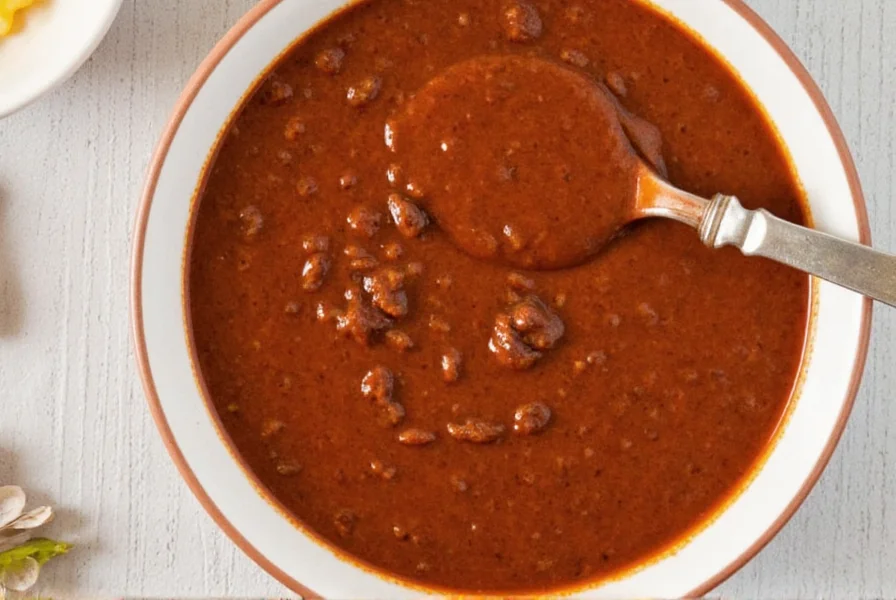Smoky, Sweet, and Spicy: A Chipotle Chile in Adobo Sauce Deep Dive
Table of Contents
Introduction to Chipotle Chile in Adobo Sauce
If you’ve ever had a smoky, tangy, and slightly sweet bite of chipotle chile in adobo sauce, you know it’s more than just a condiment—it’s a flavor bomb. Originating from Mexico, this ingredient has become a global favorite, used in everything from tacos to stews and even marinades. But what exactly is chipotle chile in adobo sauce, and why does it have such a devoted following? Let’s take a deep dive into this fiery yet versatile spice.

The Flavor Profile: What Makes It Unique?
Chipotle chile in adobo sauce is made from smoked jalapeños that are then cooked in a tangy tomato-based sauce. The result is a complex flavor profile that combines smokiness, heat, sweetness, and acidity. This balance makes it incredibly versatile and easy to use in both simple and sophisticated dishes.
Here’s a quick breakdown of its key characteristics:
- Smokiness: The chili is first dried and smoked, giving it a deep, earthy aroma.
- Heat: While not the hottest chili, it still delivers a noticeable kick that lingers on the tongue.
- Sweetness: The adobo sauce adds a subtle sweetness, balancing out the heat.
- Tanginess: The vinegar and tomatoes in the sauce provide a bright, acidic note.

| Flavor | Description |
|---|---|
| Smokiness | Earthy, charred notes from the smoking process |
| Heat | Moderate, with a lingering burn |
| Sweetness | Subtle, from the tomato and sugar in the sauce |
| Tanginess | Crisp, acidic brightness from vinegar and tomatoes |
Global Spice Traditions and Chipotle’s Role
While chipotle chile in adobo sauce is rooted in Mexican cuisine, its popularity has spread far beyond its borders. Today, it’s a staple in many global kitchens, often used as a substitute for other smoky or spicy ingredients like paprika, cumin, or even ketchup. Its versatility makes it a bridge between traditional and modern cooking styles.
In countries like the U.S., chipotle is commonly found in fast food, gourmet restaurants, and home kitchens alike. In Japan, it’s used in sushi sauces, while in India, it’s sometimes incorporated into curries for an extra layer of depth. The adaptability of this ingredient shows how spices can transcend cultural boundaries and become part of a shared global culinary language.

5 Must-Know Cooking Tips for Using Chipotle in Adobo Sauce
Whether you're a seasoned chef or a curious home cook, here are five essential tips to help you make the most of chipotle chile in adobo sauce:
- Start Small: The sauce can be quite intense, so add it gradually and taste as you go. You can always add more, but you can’t take it away once it's in.
- Blend It: For a smoother texture, blend the chipotle with the adobo sauce in a blender or food processor. This works great for dressings, dips, and sauces.
- Use It in Marinades: The acidity helps tenderize meat, while the smokiness infuses it with bold flavor. Try using it in chicken, pork, or even tofu recipes.
- Pair It with Creamy Ingredients: The heat and tanginess of chipotle pair beautifully with creamy elements like cheese, sour cream, or avocado.
- Experiment with Heat Levels: Some brands offer mild, medium, or hot versions. Choose based on your tolerance and the dish you're making.
A Detailed Buying Guide for Chipotle Chile in Adobo Sauce
When it comes to buying chipotle chile in adobo sauce, there are several factors to consider. Whether you’re shopping online or at your local grocery store, understanding what to look for can help you choose the best product for your needs.
Top Brands and Products
Here are some popular brands and their features:
- La Costena
- Features: Mild to medium heat, authentic Mexican recipe, uses natural ingredients.
- Use Cases: Great for tacos, burritos, and salsas.
- Target Audience: Home cooks looking for a traditional option.
- Suitable Occasions: Casual meals, potlucks, and everyday cooking.
- Trader Joe’s Chipotle Chile in Adobo Sauce
- Features: Medium heat, affordable price, consistent quality.
- Use Cases: Versatile for both savory and sweet applications.
- Target Audience: Budget-conscious shoppers and casual cooks.
- Suitable Occasions: Weeknight dinners, snacks, and family meals.
- Cholula Chipotle Hot Sauce
- Features: Hot version with a smoky finish, widely available.
- Use Cases: Perfect for those who want more heat without sacrificing flavor.
- Target Audience: Spicy food lovers and adventurous eaters.
- Suitable Occasions: Barbecue, parties, and creative cooking experiments.

| Brand | Heat Level | Price Range | Best For |
|---|---|---|---|
| La Costena | Mild to Medium | $3–$5 | Tacos, Salsas, Burritos |
| Trader Joe’s | Medium | $2–$4 | Everyday Use, Sauces, Dips |
| Cholula | Hot | $4–$6 | Spicy Dishes, BBQ, Creative Cooking |
Tip: If you're looking for the freshest experience, try using fresh chipotle chiles (smoked jalapeños) and making your own adobo sauce. However, store-bought versions are convenient and widely available.
Conclusion: Embrace the Smoky Magic
Chipotle chile in adobo sauce is more than just a condiment—it’s a flavor powerhouse that can elevate any dish. From its rich smoky aroma to its balanced mix of heat, sweetness, and tang, it offers something for every palate. Whether you’re a professional chef or a home cook, experimenting with chipotle can open up a whole new world of flavor possibilities.
So next time you reach for a bottle of chipotle in adobo sauce, remember: this isn’t just about adding heat—it’s about adding character, complexity, and a touch of global flair to your cooking. Embrace the smoky magic and let your taste buds travel the world.












 浙公网安备
33010002000092号
浙公网安备
33010002000092号 浙B2-20120091-4
浙B2-20120091-4